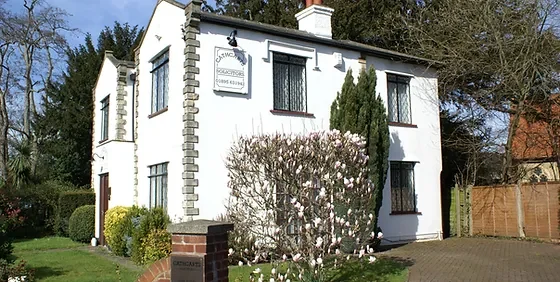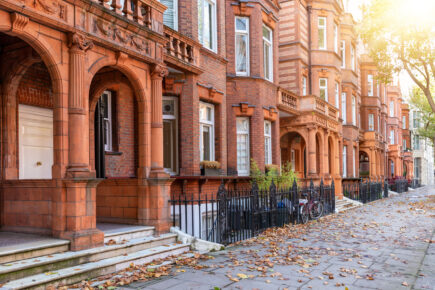The announcement by Boris Johnson at the start of lockdown that everyone was to stay at home, exercise once a day, travel to and from work where “absolutely necessary”, shop for essential items and to fulfil any medical or care needs is likely to have caused feelings of stress and anxiety for many families. There was also a fear that the isolation measures brought in to cope with the coronavirus outbreak would result in an increase in domestic abuse or exacerbate ongoing abuse.
Unfortunately, this seems to have been the case as revealed in a report by Women’s Aid which features in tonight’s Panorama on BBC1. It found that of the people they spoke to, almost two thirds of those living with their abuser said that the violence had got worse.
It is important to understand that domestic abuse isn’t always physical violence. It also encompasses a pattern of controlling, threatening and coercive behaviour. This behaviour can be emotional, economic, psychological or sexual. Perpetrators of domestic abuse often use coercive and controlling behaviour to seek to isolate their victims from friends and family and to remove any support network they have. The lockdown has increased such behaviour where the victims are already cut off from the outside world.
There are various orders which can be made to assist the victims of domestic abuse., It is possible for the court to make an order regulating the use of the family home including, for example, who can use the kitchen at a particular time.
The court also has the power to exclude the perpetrator of domestic abuse from the family home entirely (an occupation order) and to grant an injunction to prevent abusive behaviour (a non-molestation order). If this isn’t possible the court would look at regulating the occupation of the house and a non-molestation order. Breach of a non-molestation order is a criminal offence and as such will act as a deterrent for some.
Those who are suffering and need help will continue to be able to access it and we urge those people to seek advice and support.
Helplines and support if you're experiencing abuse:
· Freephone 24 hour National Domestic Abuse Helpline – 0808 2000 247 (run by Refuge)
· Women's Aid online chat service (open Monday-Friday 10am-12pm)
· Chayn: information, guidance and courses to support coping and recovery
· Men's Advice Line: 0808 801 0327
· Galop: 0800 999 5428 (national helpline for lesbian, gay, bisexual and trans people experiencing domestic abuse)
· As always, anyone in danger should call 999.
















